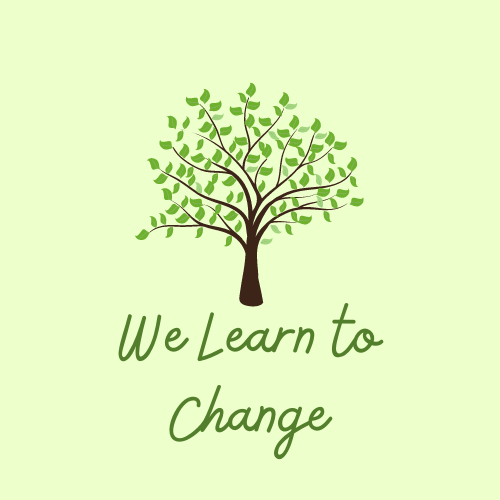They say that Abraham Lincoln had quite a temper. He would dash off letters in his anger and, by the time he had finished, his anger spent, he would think twice about dispatching it and place it on the mantle instead. He would wait until the morning, reevaluate his position and, if it was still warranted in his mind, then he would send the letter. Imagine if he had a smart phone and Twitter? He may have indeed tweeted: “If McClellan isn’t interested in using the army at present, perhaps I could borrow it for a while?” What would the Confederacy have made of that breakdown of command in the North?
I digress. My point is that today we have the ability to communicate so easily that many of us end up saying things we regret later. Our responsibilities in this area have increased many times over from the time in which verbal communications reigned and others were secondary. Before we click on send, tweet, or any other button that supports communication with the outside world, we need to think hard about the consequences.
The problem is, many of us don’t. We spread rumors, say hurtful things, and generally make fools of ourselves because we don’t have those few minutes that we used to have. We can’t put a tweet on the mantle till morning. (Actually, we can, but that’s aside from the point because many of us don’t use Buffer or schedule tweets through TweetDeck or Hootsuite.) Google or other search engines cache the communication and it’s out there forever, haunting us.
Part of the responsibilities of a teacher is to teach citizenship. These days, that includes digital citizenship, the rights and responsibilities that relate to our communications and interactions on the Internet and via digital means of any sort. There are many ways to teach digital citizenship. For this post, I would like to teach it within the context of the novel unit I’ve been working on, The Great Gatsby. Why not?
Rumors, Innuendo, and a Literary Time Machine
It would be nice to take a Friday and have the students work together on an assignment like this.
Imagine that a literary time machine has transported the Gatsby characters to the present and provided them with the tools they would need to navigate and interact in the digital space (smart phones, twitter accounts, Facebook accounts, etc.). How might the events of the novel be different? Let’s focus on the rumors and innuendo spread about Gatsby in the novel.
- Create a twitter stream regarding Gatsby, his history, and his profession, using the information in the novel. Predict what would happen to Gatsby legally or regarding Daisy.
- What are the effects of such rapid communication on the reputation of others, the development of stories (true or false), and the resolution of investigations? Do you remember that a news reporter came to Gatsby’s house for a comment on the rumors he’d heard? What might that reporter have done with a twitter stream or a Facebook conversation? What if he were a news reporter and brought the ‘story’ to television, complete with photos of Gatsby and interviews with ‘sources’?
- Write your opinion of the use of these technologies today, the rights we have to free speech (even gossip), and our responsibilities as digital citizens.
It’s my belief that this assignment is a good extension of the study of the novel into a new context: our culture. It reminds me of the time that a friend of mine had her students rewrite the balcony scene of Romeo and Juliet using text messages. The students took to that assignment with earnest, and produced some absolutely stunning results that demonstrated understanding of the young lovers’ relationship. I would hope that this assignment would help students gain a new appreciation of the main character and the impact of communications today. I would also hope they would think twice before pushing send, tweet, or post.




